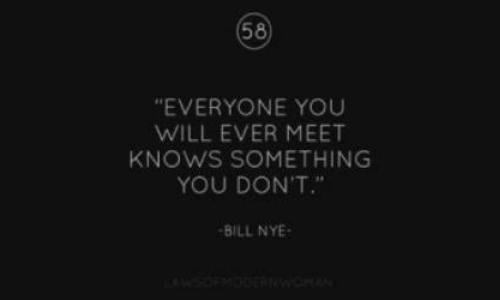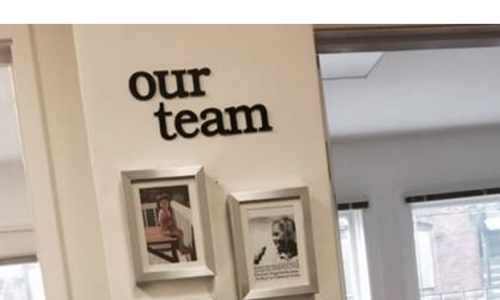
Going all digital seemed like the best thing with COVID-19, but for people with access needs that have long been ignored, this past year’s transition to online work and life reflects how accessibility considerations are often an afterthought.
This hasn’t been the case with my Spring 2021 Co-op at an arts non-profit. With their anti-oppression lens, the organization is committed to equity and access in ways that don’t feel buzzwordy, but rather meaningful. A point that really resonated with me from my time here is how it should not have taken a pandemic for most of us to prioritize accessibility in meetings, programming, events and so on, but that people with disabilities, as well as the shift to online modes of work, really helped push this forward.
As a Communications major, you and I are probably familiar with the concept of ‘best practices’ for marketing, but how has the increase in hyper-connectivity changed the way we implement these practices?
You might already be making things more accessible by using sentence case in hashtags or designing graphics for mobile and computer viewing but this definitely isn’t where access needs end! Regardless, we have a moral responsibility to learn about accessibility and to make online content more inclusive wherever we work from non-profit organizations to tech companies, or even school clubs!
Still, like many people, I noticed more strides toward accessibility online especially over the past few years. Social media platforms like Twitter created native solutions for alt text. Beyond that, image descriptions on Instagram are also popping up all over, as are videos that are subtitled with closed captions!
Personally, I was taught how to caption videos through a workshop held by a co-worker and then I was able to work on captioning the organization’s weekly hour-long family programming videos. At first, I felt overwhelmed, but during our workshop we were told to test it out with a 5 minute video, which helped me work through confusions and challenges much easier. So, start small, but do start!
Generally, at my Co-op, our meetings had open captions thanks to Google Meets, other meetings were text-based through Slack, the Zoom events held had live open captions as well, and again, videos posted to social media would be captioned before being shared. This is to say that accessibility is important internally and externally, but even getting to this stage was a process for the organization! Not to mention, working from home isn’t where accessibility considerations stop, and I saw this regarded in office too, with plans to add an elevator for example.
Reflecting on my Co-op, a question I had for myself is “how can I continue this work when my internship is over?” Easy: look beyond my own experiences as an able-bodied person, make sure to continue captioning videos, and to highlight accessibility as important for everyone! For you, this question may be “where can I start?” Have a conversation to see how your peers and colleagues understand and practice online accessibility! LinkedIn learning, too, is a great tool to become more cognizant of accessibility all around and to build your capacity to apply it.
Online accessibility is crucial for people with auditory, visual and speech disabilities, as well as many others. While structural changes are essential to equitably support disabled folks, on an individual level, we ought to continue our learning journeys with action to pre-emptively meet access needs where we can!
This article was originally published on the School of Communication Collective Blog website on Nov. 2nd, 2021














